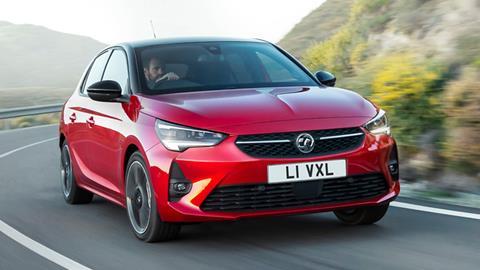
The RAC and advocates for electric vehicles have insisted that EVs still provide better value than petrol and diesel models, despite the massive increase in the energy price cap announced last week.
RAC spokesperson Rod Dennis said: “The impact of the energy price cap increase will certainly be felt by drivers who charge their electric cars at home, with a full charge of a typical family-sized electric SUV costing 84% more from 1 October than it did under the old cap – £33.80, compared to £18.37.
“Despite recent falls in the price of petrol and diesel, the cost of charging at home is still good value compared to paying for either fuel, but again underlines just how the rising cost of electricity is affecting so many areas of people’s lives.
“We’re also aware that public chargepoint operators are having no choice but to increase their prices to reflect the rising wholesale costs they’re faced with, which will heavily impact drivers who have no choice other than to charge up away from home.
“The RAC continues to support the FairCharge campaign call for the government to cut the VAT rate levied on electricity from public charge points to 5%, to mirror the rate charged on domestic electricity.”
loveelectric.cars, which leases EVs, also said driving an electric car is still cheaper than a petrol/diesel equivalent.
It said the latter end of 2022 will see the cost of electricity rise to 52p per kWh. Fully recharging the Vauxhall Corsa E’s 50kWh battery at the 52p per kWh rate will cost £26. With a range of 209 miles, that’s 12.4p per mile.
Further savings can be made by utilising an EV-friendly tariff. The Corsa E can be charged for four hours a day at only 4.50p/kWh. If only charged during these off-peak times, a full charge is only £2.25. That’s just 1.07p per mile.
This compares to the petrol-powered 1.2L Corsa which achieves 49mpg. Using an average petrol price of £1.73ppl this works out at a rate of 16p per mile.
“While motoring is becoming increasingly expensive for households running petrol and diesel cars, the bottom line is that electricity is still a cheaper per mile solution than traditional fuel engines – even with the incoming higher price cap,” says Steve Tigar, CEO of loveelectric.cars.
“The shock of the energy price cap won’t impact the sales of electric vehicles because switching to electric is the smart decision to drive down the running costs of motoring.”

































No comments yet